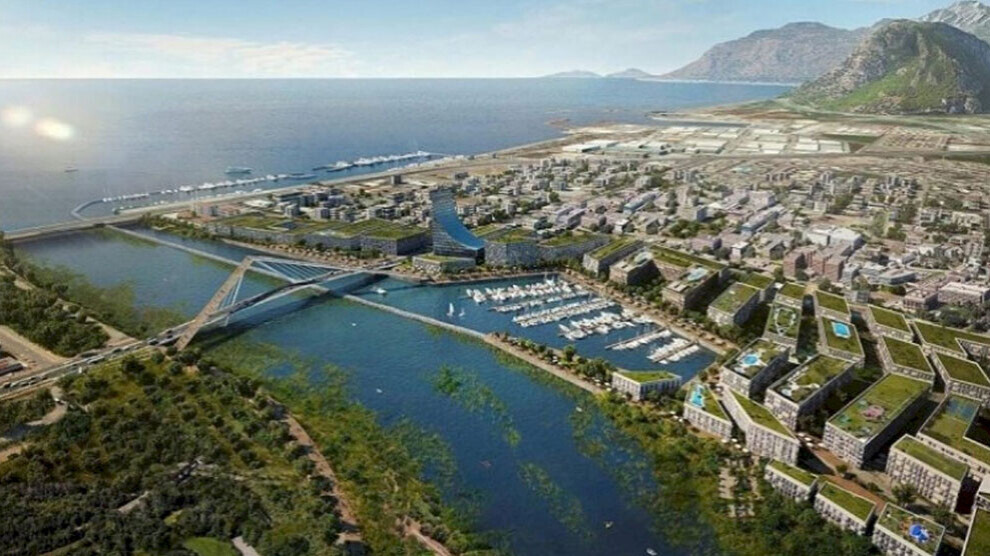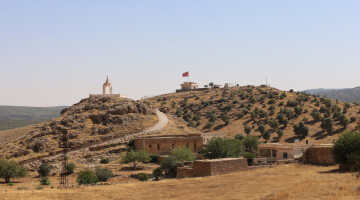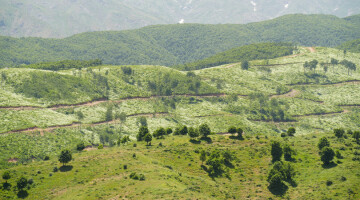The Turkish Ministry of Environment and Urban Planning has approved the construction plans of the ecological destruction project Canal Istanbul and posted them for public notice. Department head Murat Kurum made the announcement in Istanbul over the weekend. "We will take quick steps to enrich our country and our beautiful city with the Istanbul Canal," Kurum said. The canal is expected to cost nearly 11.5 billion euros. Opponents of the project consider these figures unrealistic and expect the cost to be much higher.
On March 20, state guarantees had been granted for the project by adding a temporary paragraph to Law No. 3996 on the provision of certain investments and services under the BOT (construction, operation, transfer) model, according to the Official Gazette. The tender for the Istanbul Canal is scheduled to be issued this year, with seven years as the construction period. Environmental groups are on the alert, having warned for years of irreparable damage to the ecosystem around Istanbul.
Ecological damage in the earthquake zone
The waterway would cut a 400-meter-wide swath through forests and farmland. Water reservoirs, groundwater, and a catchment system that together supply drinking water to nearly one-third of Istanbul's population would be destroyed. In addition, water from the Black Sea, which is low in salt and oxygen, would spill into the Sea of Marmara, as the canal would be used to dig an artificial seaway across the city, killing marine life and blanketing the metropolis with a smell of hydrogen sulfide. In addition, the risk of earthquakes would increase. The north of Istanbul would not be allowed to be built on anyway; as was stated in the earthquake master plan in 2009. But the government doesn't care.
Megalomaniac prestige project
The Istanbul Canal is one of the "prestige projects" of megalomaniac President Recep Tayyip Erdoğan. He himself also called it "crazy" when he first presented it in 2011, but meant it in a positive way. In total, it involves a stretch 45 kilometers long, 150 meters wide and 21 meters deep. Ships would only be allowed to pass through the canal if they paid fees, and the Bosporus would be closed to all tankers. This, in turn, would contradict the Montreux Agreement, which regulates the unregulated passage of all civilian ships through the Bosporus. A new city is also to be built on the canal, according to the government, with a population of about 500,000 on an area of 453 million square meters. Plus eight bridges over and a subway under the canal, a yacht port and a container port.
Speculation with building land
This grueling project will create a new island between the canal and the Bosporus in Istanbul, a metropolis of 16 million people. 30 million square meters of land along the planned canal route had already been sold a year ago as cheap farmland. After the canal construction, it would mutate into expensive building land, of course. The speculators come from the Arab world. The three largest companies are from Qatar, Kuwait and Saudi Arabia. Even the mother of Qatari Emir Sheikh Tamim bin Hamad al-Thani, Sheikha Moza bint Nasser al-Misned, has long since bought in and acquired large tracts of land.













